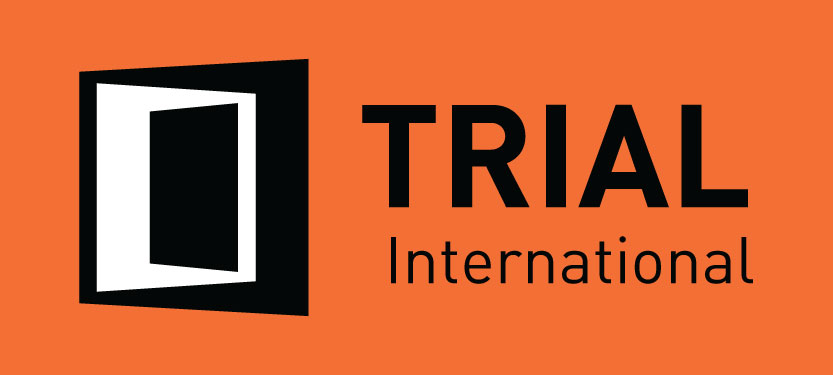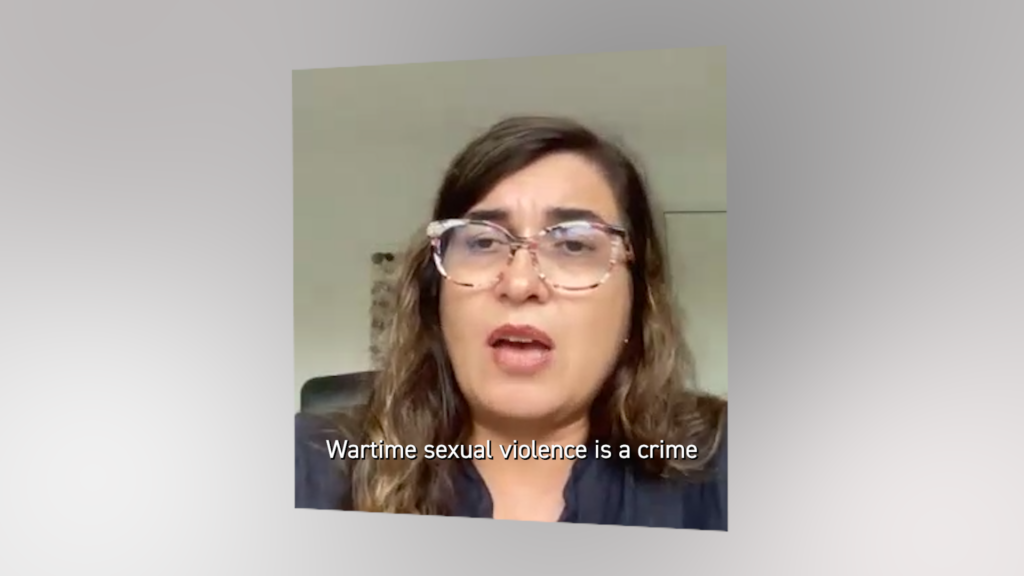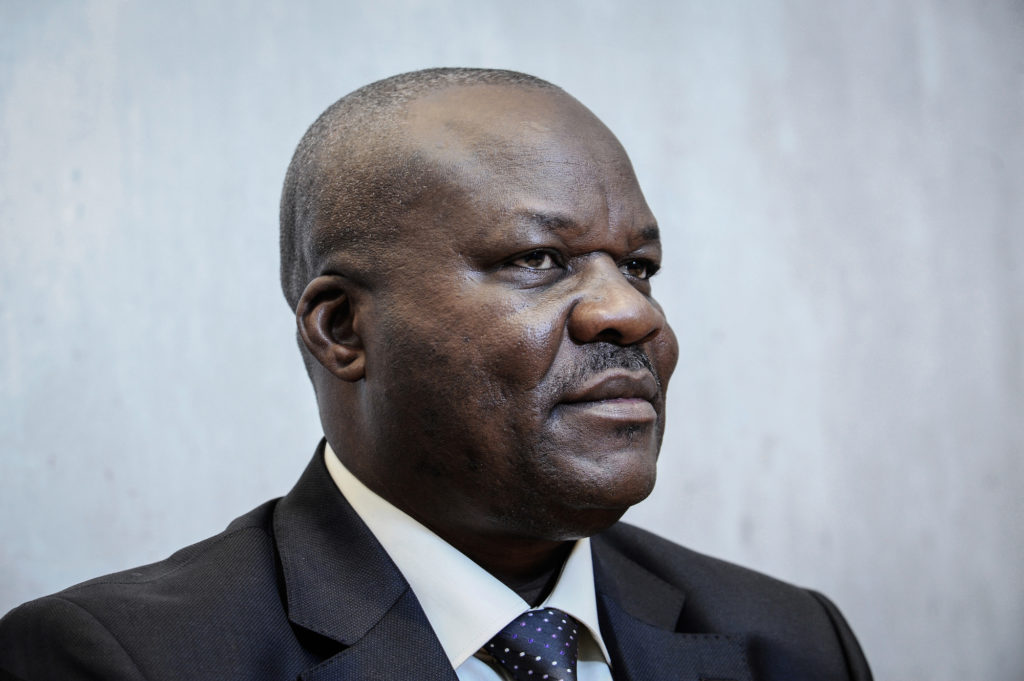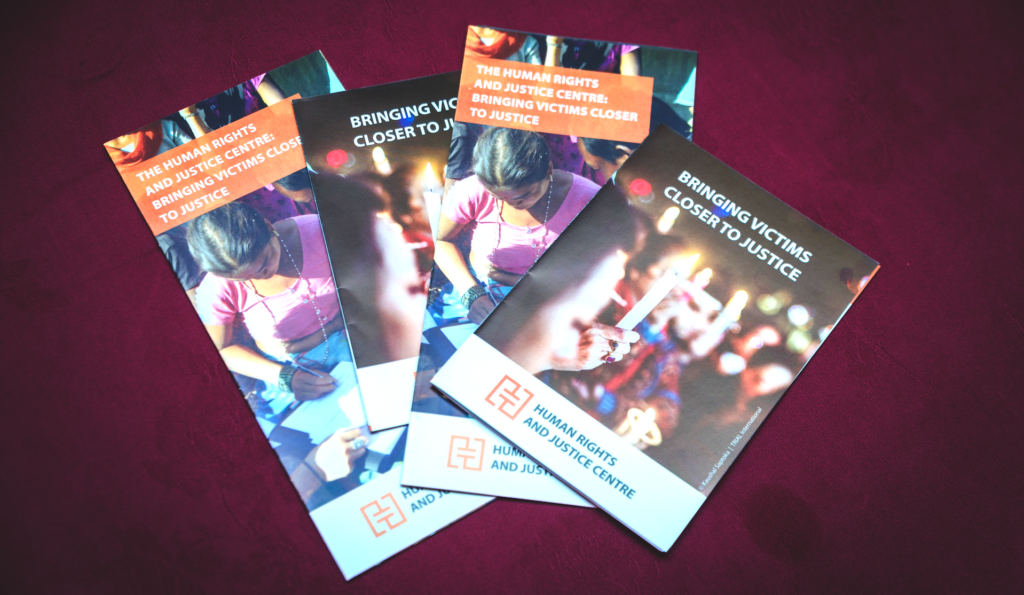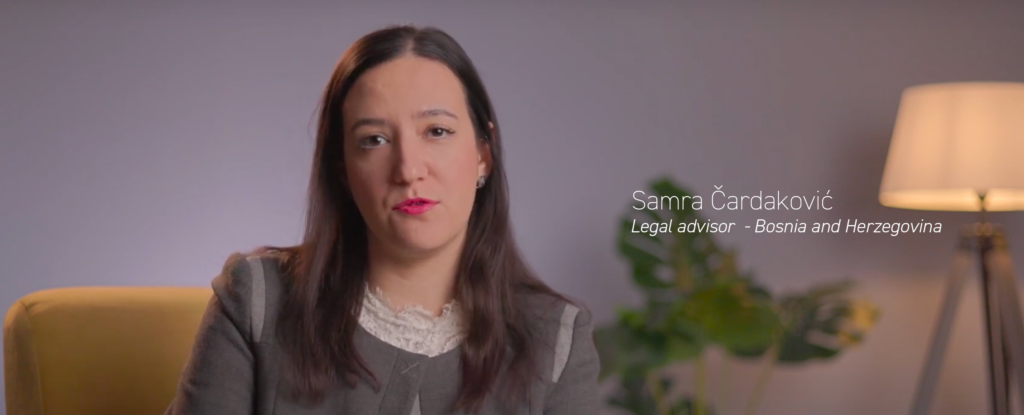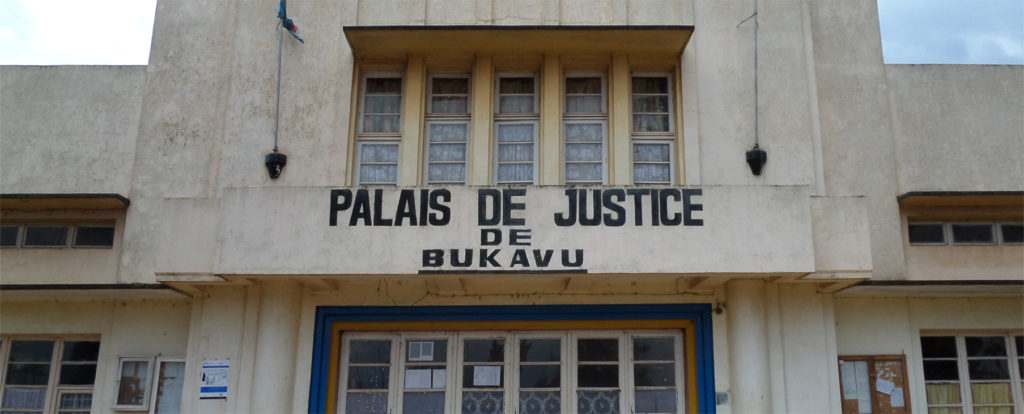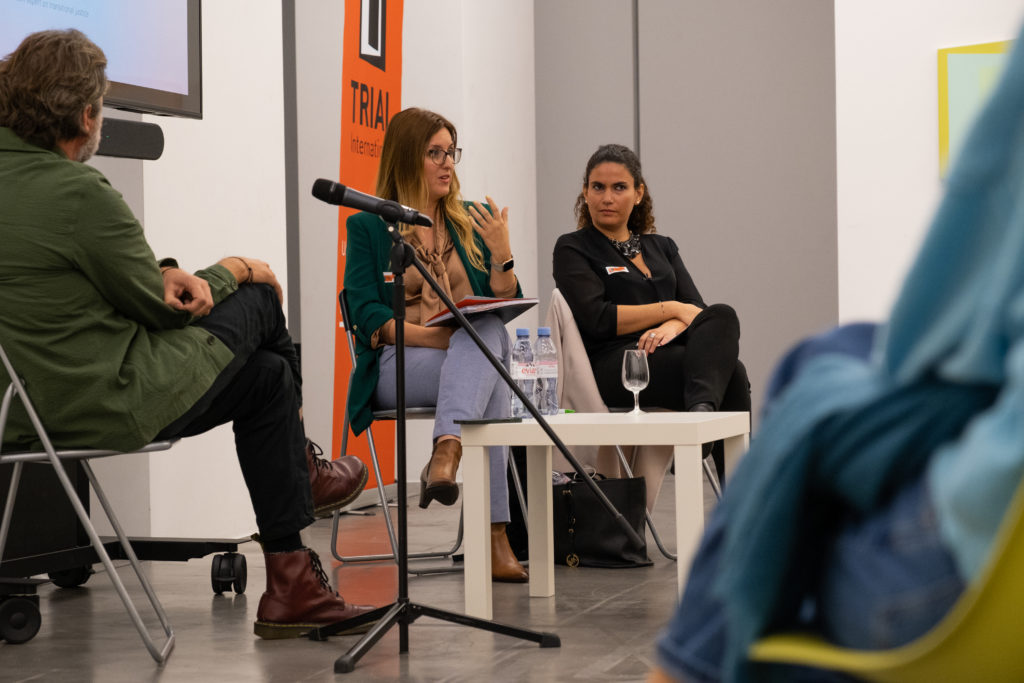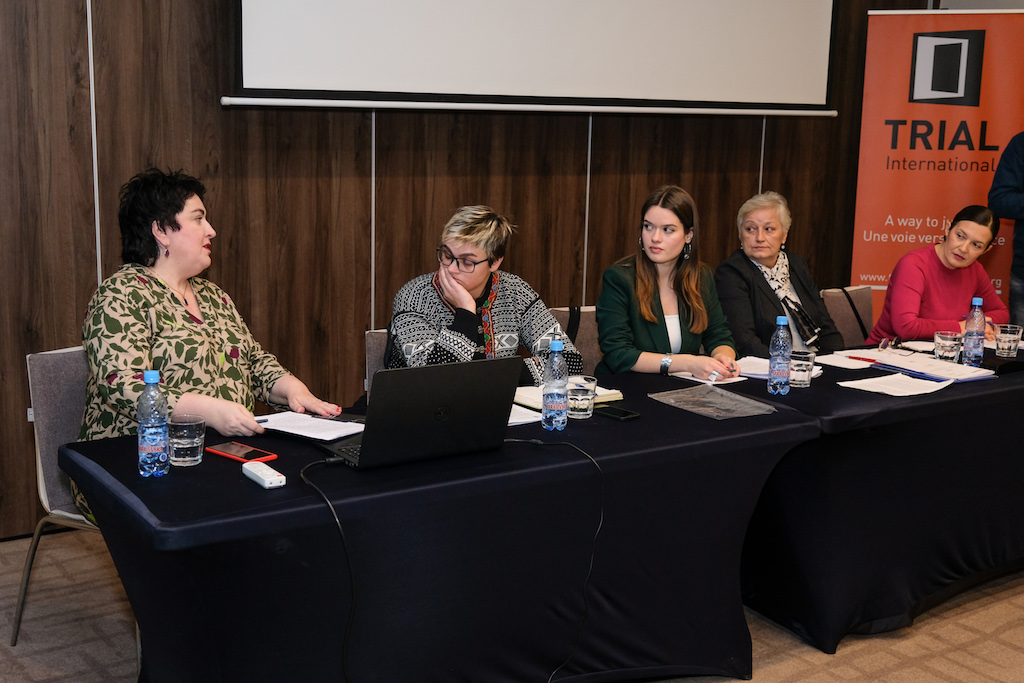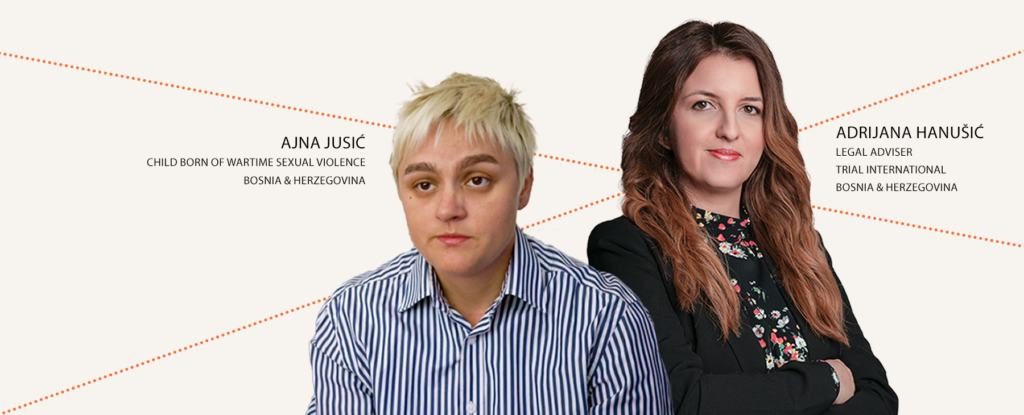BiH: Reducing wartime sexual violence survivors’ stigmatization during criminal proceedings
When it comes to the topic of sexual violence, in Bosnia and Herzegovina (BiH) and other parts of the world, blame and shame is often shifted onto the victims instead of the perpetrators. This negative pattern is visible during the trials, additionally re-traumatizing and stigmatizing victims.
Rape myths
Over 20 000 women were raped during the war in BiH. The exact number of male victims is still unknown. The prevalence of sexual violence myths in criminal proceedings adds to their ordeal.
Rape myths surrounding promiscuity emerge, for example, when sexual violence victims are questioned during hearings about their way of life and/or sexual experience.
Other rape myths relay on archaic attitudes that some victims of sexual violence did not “fight back” hard enough. These stereotypes ignore the fact that in many incidents of sexual violence, the victim is paralyzed by fear and can barely even move.
Finally, the credibility and shame myths suggest that victims are lying about the sexual violence incident and that victims, not the perpetrators should feel shame.
Although judges and prosecutors should take extra care when asking questions about victims’ experiences stigma is sometimes so deeply embedded in society that people do not realize their questions or remarks can be hurtful.
Avoiding stigmatization in court
Rape myths must be addressed in order to prevent the stigmatization of women who have found the courage to speak up about the assaults they have experienced.
When these victims make it to court, they should feel that the judicial authorities are there to support them, not shame or blame them.
“Raising awareness about the insidious ways that stigmatization manifests itself in the courtroom is key to combating rape myths,” said Kyle Delbyck, a consultant for TRIAL International BiH program, and author of a report* on the topic. “Survivors have already gone through so much and this report is good first step to making it easier for victims to participate in legal proceedings and obtain the redress they are due.”
One of the many solutions presented in the report is providing victims with information about the type of personal questions they will be expected to answer during the hearings.
Bringing this prospect to their attention enables them to recognize if some of the defense’s questions are out of line and, correspondingly, to give the most accurate testimony possible.
Furthermore, knowing about the proceedings will make victims less nervous and more confident in recounting what happened to them. They will be aware of their right to, for example, ask for a break at any time if the court hearing is too upsetting.
Advocacy’s considerable scope
In 2017, the Principles for Global Action, a guide to preventing and addressing stigma associated with conflict related sexual violence, was launched by the United Nations and UK government. TRIAL International’s report is a contribution to the process of tackling the stigma of conflict-related sexual violence on global level.
Transitional justice in BiH has seen immense improvements over the years. But many struggles remain for wartime victims. From the issue of stigmatization raised in this report; to the imposition of court fees when victims’ claims are dismissed; to the uneven implementation of free legal aid. Victims’ access to justice will depend on sustained advocacy campaigns in many different spheres.
“Awareness raising of judicial actors and of general public is key in this long-term struggle,” said Adisa Fišić Barukčija, Legal and Communications Officer of BIH program at TRIAL International.
*The report was developed as part of a project supported by the UK Government
